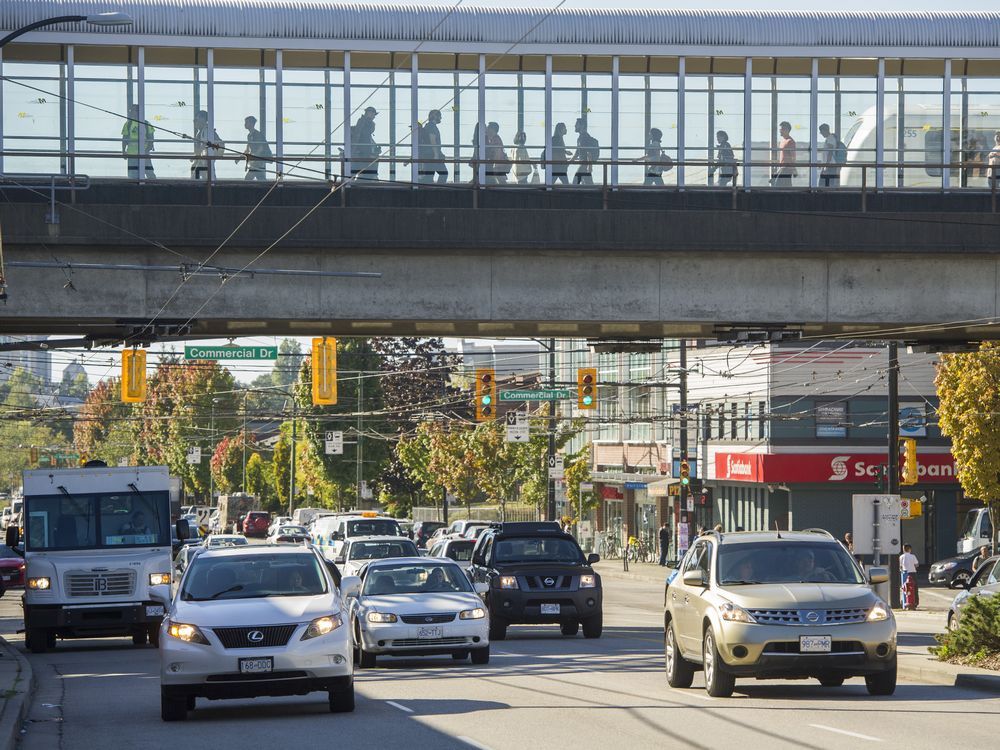Four tips for indie Vancouver retailers to secure top space

Credit to Author: Evan Duggan| Date: Wed, 27 Nov 2019 20:00:49 +0000
For watchers of Vancouver’s retail market, it might seem like every business that appears in a new or valuable retail space at mixed-use developments on the city’s main streets is a big-name coffee shop, drugstore or bank.
An oversimplification, surely, but what is clear is that landlords, when choosing their retail tenants, are looking for stability and predictability, said Sherman Scott, an associate vice-president and retail specialist with Colliers International in Vancouver.
Sherman Scott of Colliers International.
Large chains or national brands tend to offer landlords comfort with their financial pedigree and proven business concepts, but over the last five years or so, landlords have been making an effort to have local, independent retailers and businesses more represented at their properties, he said.
“Some landlords have chosen to go the independent route, depending on where the project is located, (to) cater more to the (local) community,” Scott said.
He said retailers are usually the most visible tenant in mixed-use buildings and they play a role in stamping a building with a brand — and landlords know that.
“In some cases, (small or local retailers) are sought after more than the nationals,” Scott said. “At least, I’ve seen that recently, particularly in some areas that may be gentrifying.”
But whomever the landlords choose, it will always be based on the tenant having strong plans, financing and a good concept. Scott recently shared four tips that new or independent retailers should use when getting ready to launch a physical store in Vancouver’s competitive new retail spaces.
Before you think about making queries to landlords, you will need a business plan. “A solid business plan must clearly express the concept of the store,” Scott said. “I think that’s really helpful for the landlord, as well as for your bank, or whoever is financing you.”
If you don’t understand your finances and the costs associated with securing, opening and operating your store, you’re going to be in trouble. Without sound financial planning, no landlord is going to take you seriously, especially if you’re competing with the likes of Starbucks, Shoppers Drug Mart or one of the big retail banks.
“Figure out how much it’s going to cost to open your store and have financing in place,” Scott said.
The tenant is almost always responsible for “building out” the retail space once it is leased, especially in new projects, so you need the right team in place before you get the keys.
Engage with the right consultants and professionals who are going to help turn the empty space into your business.
“Put together a good consulting team, which would include a designer, an architect, a contractor and probably a broker that specializes in this type of real estate,” Scott said.
“You really need to research what permits, approvals and licences are going to be required for you to open up your doors, and how long it’s going to take to get those permits and licences,” Scott said.
“I run into this time and time again,” he said. “People think they’re going to open up in 30 to 60 days and then they realize it’s going to take two to six months to get a building permit from the city, and then its 60 to 90 days to build it.”
Scott said tenants who fail to understand this often find themselves paying rent long before they’re even able to launch their business.
“It gets them off on the wrong foot,” he said.